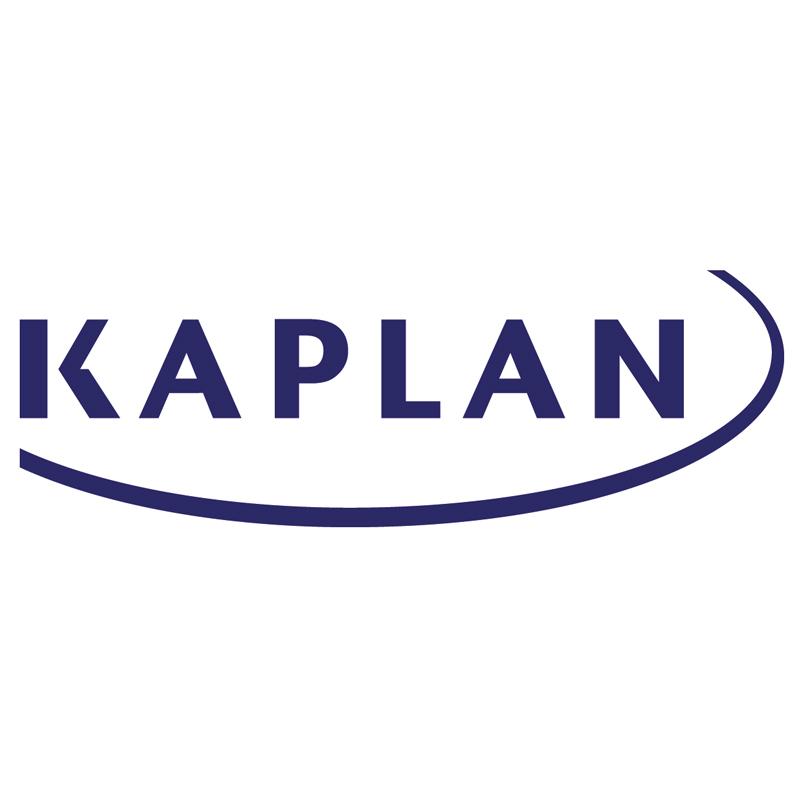
Why consistency and alignment are needed in the online education space

As online degrees have grown in popularity, it has become increasingly important that there is an effective way to measure the quality of these courses, guided by the right regulatory framework and institutional support. At a panel discussion held during THE Digital Universities UK 2023, David Dixon, academic director of educational services firm Kaplan Open Learning, and Lynn Evans, strategic director of the University of Liverpool Online, spoke about the challenges that continue to hold back online degrees.
“I often get asked if our online programmes have the same standing as an on-campus degree,” Evans said. “Consistency and alignment are key. It’s important to develop further universal indicators that work across different delivery methods.”
“The Teaching Excellence Framework is useful for measuring student satisfaction, for instance, but there are limitations with this, and challenges remain around capturing the broader student experience,” Dixon agreed.
Another challenge in measuring and supporting online degrees resides in identifying the right stakeholders. Students be included, of course, but other higher education institutions and employers should also have input into what is being measured, how, and the verification process.
“The other thing that is vitally important in the online space is better data,” Evans said. “This provides crucial evidence to support progression and positive outcomes.”
When asked whether online degrees will play as important a role as in-person courses in the future, Dixon said the trend in the data is clear. “The growth in online study is significant and has been persistent,” he said. “It’s not a short-term response to the pandemic.”
“My personal response would be that online degrees already are as important,” Evans said. “This is certainly the case for our students, who we are reaching in areas and circumstances that otherwise simply wouldn’t be possible. The markets for online and on-campus education are different. One doesn’t necessarily eat into the other.”
The panel discussed how confident institutions feel in delivering quality online degree programmes. Evans noted that progress in this area is about developing impact and reach overseas. “It's also important to be able to deliver at scale,” she said. “And it has to be reputationally enhancing.”
“I am confident, but it requires hard work, investment and a good deal of institutional agility,” Dixon said.
A global ranking of online degrees could ultimately help matters, Dixon and Evans agreed, adding value, removing market noise, and helping students navigate the provision available to them.
Find out more about Kaplan Open Learning.

